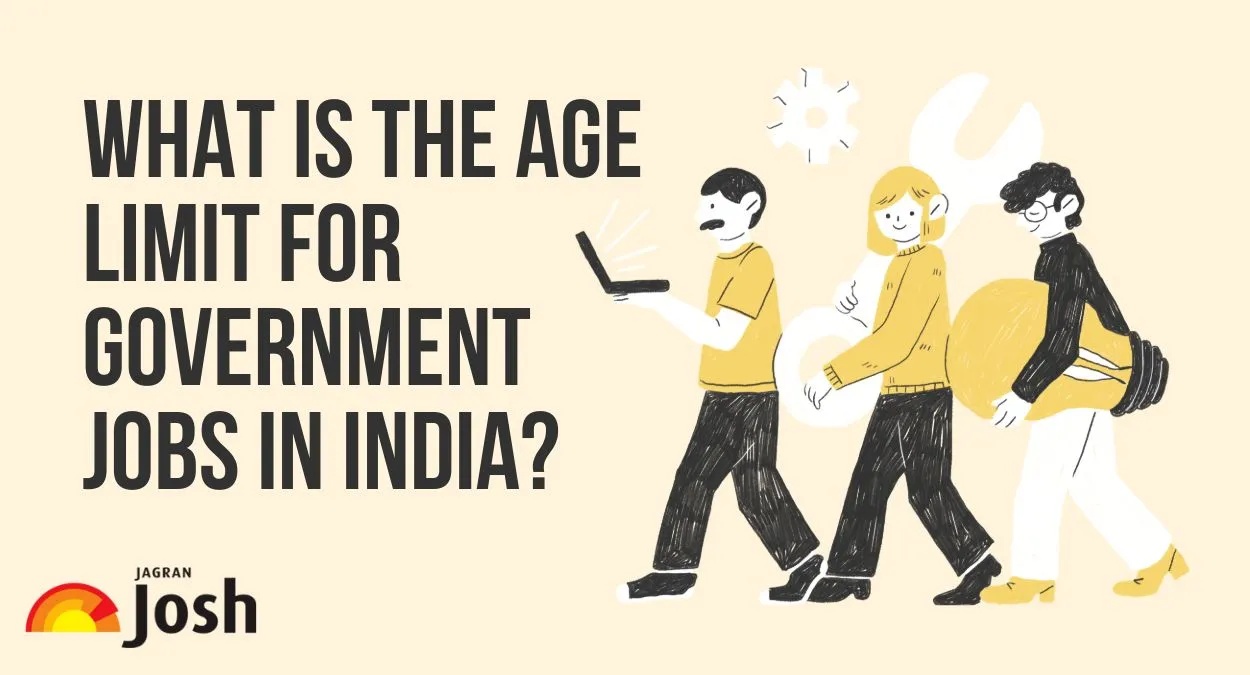
Understanding Government Job Age Limits in India
The Indian government sector has long been a beacon of stability and respect, attracting millions of aspirants seeking secure careers. A common misconception is that government jobs are exclusive to the youth, but the reality is far more inclusive. Candidates across a wide age spectrum—from 18 to 50+—can access diverse opportunities in central and state governments, railways, banks, defense, and public sector undertakings (PSUs). This article explores the age criteria for government jobs, highlights eligibility for different age groups, and explains relaxation policies for reserved categories. Whether you’re in your 20s, 30s, or 40s, understanding these guidelines can unlock pathways to prestigious roles.
Age Limits and Relaxations: A Comprehensive Overview
The age requirements for government jobs vary by exam, position, and recruiting body. For most central government roles, the general category has a maximum age limit of 30-32 years, with extensions for OBC candidates (up to 35-37 years) and SC/ST applicants (up to 40-45 years). Reserved categories benefit from significant relaxations, allowing older candidates to compete fairly. For instance, persons with disabilities (PwD) receive a 10-year extension, while ex-servicemen get additional time based on their service tenure. These policies ensure that age does not become a barrier for qualified individuals seeking public service roles.
Government Jobs After 25: A Gateway for Mid-Career Aspirants
Many believe that career opportunities in government jobs vanish after 25, but this is a misconception. Exams like the UPSC Civil Services, SSC CGL, IBPS, and State PSCs remain open to candidates in their mid-20s. The general category typically has an upper age limit of 30-32 years, though some posts, such as those in railways and defense, extend this to 32-35 years. For example, the Territorial Army recruits candidates up to 42 years, while PSU roles like those in ONGC or NTPC allow applications up to 35-40 years. These opportunities demonstrate that age is not a limiting factor for those pursuing government careers.
Senior Roles and Specialized Positions: Opportunities Beyond 40
For candidates over 40, specialized and senior roles in government jobs remain accessible. State PSCs often conduct exams for director-level posts with age limits extending to 56 years, while railway departments hire senior officers up to 50 years. Defense services like the Territorial Army accept applications until 48, and academic institutions recruit professors and researchers up to 60-65 years. PSUs also seek experienced professionals for leadership roles, with age limits up to 50 years. These positions highlight that career transitions into government services are possible at any stage of life.
Conclusion: A Fair and Inclusive Recruitment System
The Indian government’s recruitment policies emphasize inclusivity and fairness, ensuring that age does not exclude qualified candidates. From entry-level roles to senior positions, opportunities exist for individuals across all age groups. By understanding the age criteria and relaxation policies, aspirants can navigate the competitive landscape effectively. Whether you’re a young graduate or a mid-career professional, the government sector offers pathways to secure, respected employment. With the right preparation and knowledge of eligibility rules, every serious candidate can find their place in public service.




